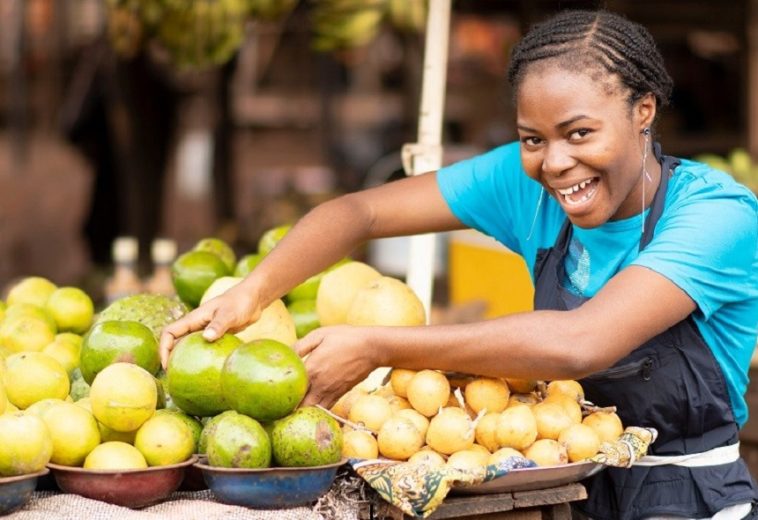Copyright and intellectual property rights (IPR) are fundamental to the African music industry, safeguarding the creative works of artists and ensuring they receive appropriate recognition and remuneration. Across many African nations, copyright laws and intellectual property regulations have been enacted to protect the rights of music creators.
The global music copyright market is projected to grow from USD 7 billion in 2023 to USD 9.4 billion by 2033, according to Brainy Insights. This growth is driven by the increasing globalisation of music and the rising demand for diverse cultural content.
In Africa, the creative sector holds immense economic potential. According to UNESCO, it could generate 20 million jobs and over $20 billion annually. The international success of Afrobeat artists like Burna Boy, Wizkid, Davido, Ayra Starr, Tyla, and Tems, alongside African films such as Iwaju, highlights the growing global appetite for African creative innovations. This demand underscores the urgent need to strengthen protections for creators’ rights.
The creative industry is not only an engine for economic growth but also a platform for redefining Africa’s global narrative. Eric Guichard, a former World Bank portfolio manager and investment adviser, has emphasised the need for African nations to implement more robust copyright and intellectual property laws. He argues that Africa possesses untapped potential and requires practical policy measures to address the current fragmented IPR structure. Key strategies include intellectual property valuation, commercialisation, and anti-piracy initiatives.
It is important to note that copyright laws are “territorial rights,” meaning their enforcement varies across countries. Strengthening these frameworks could unlock the music industry’s economic potential and inspire greater creativity across the continent, benefiting all stakeholders.
Several regional initiatives, such as the African Continental Free Trade Area (AfCFTA) Protocol, the African Regional Intellectual Property Organisation (ARIPO), and the African Intellectual Property Organisation (OAPI), aim to promote the growth of intellectual property rights. However, more needs to be done to protect African artists’ creations and enforce these rights on an international scale.
Institutions such as the Music Business Academy for Africa are also playing a vital role in advancing copyright and intellectual property education. By bridging the knowledge gap in the music industry, these initiatives empower creatives to navigate the complexities of intellectual property and secure their rights as Africa continues its journey toward global prominence in the entertainment sector.
By strengthening its intellectual property framework, Africa can unlock the full potential of its creative industries, ensuring that artists receive fair compensation for their work and that the continent reaps the economic and cultural benefits of its rich creative heritage.




